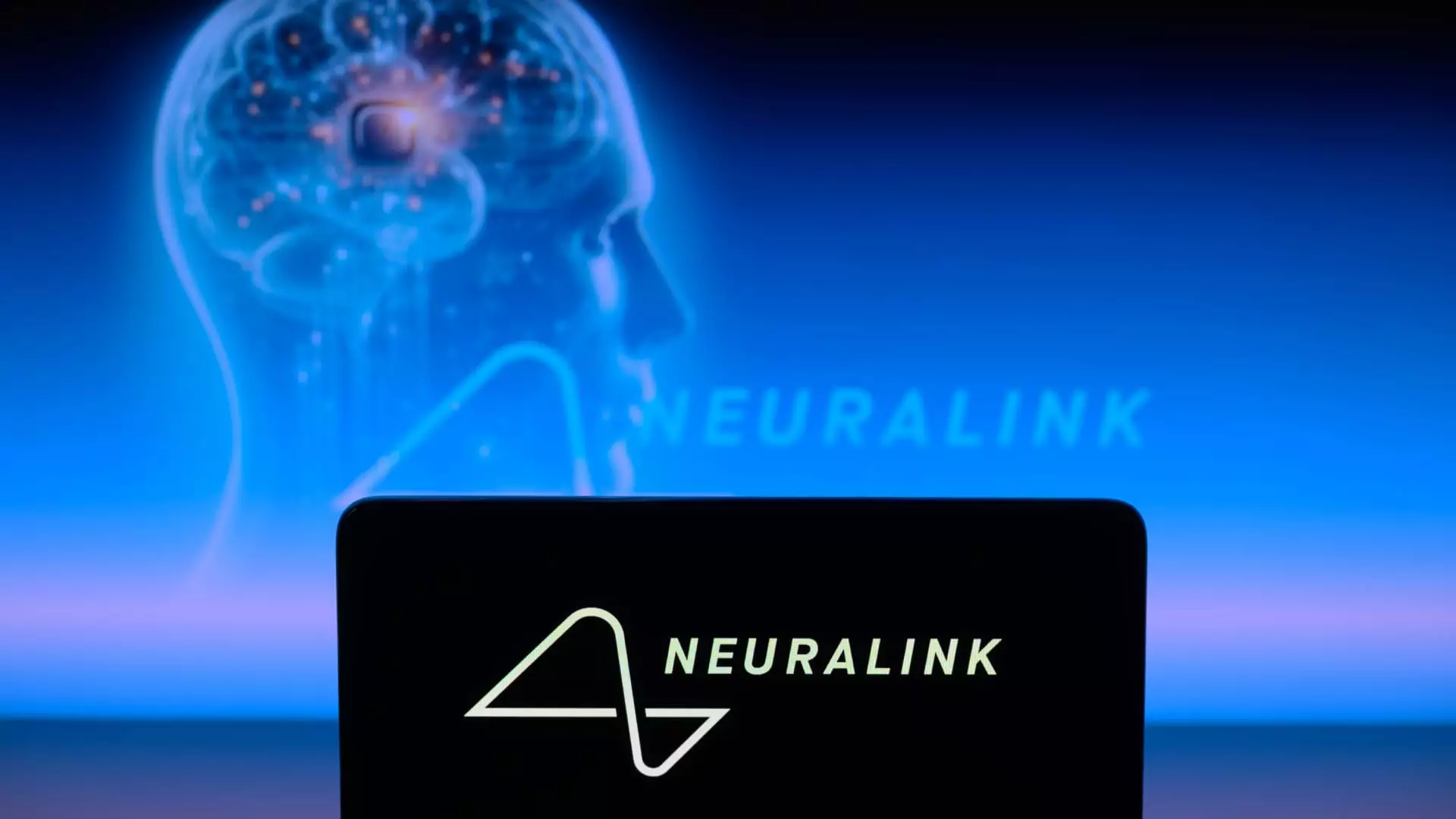Elon Musk’s pioneering startup, Neuralink, made history by live-streaming a video showcasing a patient using the company’s brain implant to manipulate a computer mouse and play chess. This groundbreaking technology aims to assist individuals with severe paralysis in controlling external devices solely through neural signals. The first human recipient of Neuralink’s device, Noland Arbaugh, provided insight into his experience, highlighting the life-changing impact it has had on him.
A brain-computer interface (BCI) is a system that deciphers brain signals and translates them into commands for external technologies. Companies like Paradromics, Synchron, Blackrock Neurotech, and Precision Neuroscience have also developed BCIs with similar capabilities. Neuralink’s recent demonstration, although not entirely novel in the field, has garnered significant attention due to Musk’s involvement and influence.
Challenges and Potential
Dr. Nader Pouratian, an expert in neurological surgery, emphasized the long-standing efforts in BCI technology development. While there is excitement surrounding BCIs, practical challenges, such as signal interpretation and usefulness, remain. Transparency in advancements within academia and the broader industry is crucial for future progress in the field.
Neuralink initiated its first in-human clinical trial after receiving FDA approval in May 2023. The company’s limited disclosure regarding trial details has raised questions about its scope and objectives. Transparency in sharing information about research findings is essential for building trust and credibility within the scientific community and the public.
The Road Ahead
Dr. Marco Baptista, from the Christopher & Dana Reeve Foundation, expressed optimism about Neuralink’s potential to positively impact patients. While BCI technology holds promise, rigorous scientific scrutiny and peer-reviewed publications are necessary to validate its efficacy and safety. Continued research and open communication will be key in advancing Neuralink’s technology in the medical field.
With the unveiling of Neuralink’s innovative brain implant technology and its potential to transform the lives of individuals with paralysis, the future of healthcare may witness remarkable breakthroughs in neurotechnology. The journey towards creating a seamless interface between the human brain and external devices remains challenging, but the strides made by Neuralink exemplify the power of innovation and collaboration in pushing the boundaries of what is possible.


Leave a Reply